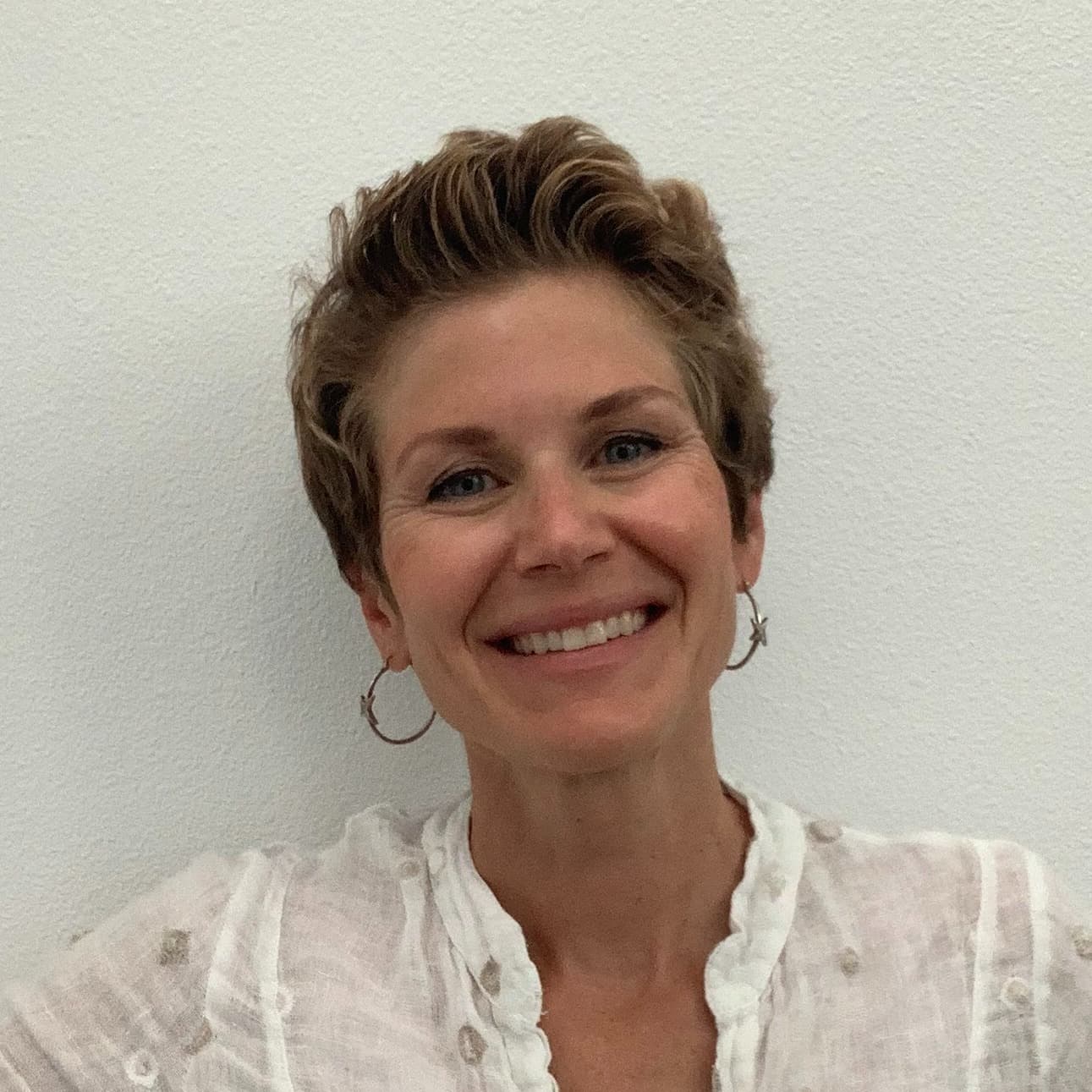Claudia's Story: A Holistic Approach Treated My Body and Mind

Claudia De Pasquale is a Breastcancer.org community member in Benicia, California, USA.
When I was diagnosed with breast cancer at 41, I was the picture of health — or so I thought. The diagnosis — ER/PR positive, HER2-negative, stage I breast cancer — came as a complete shock. As a mother of three, my life was a whirlwind of school pickups, meal preps, and the constant hum of everyday chaos. I was a master of multitasking, juggling the needs of my children with my own. But cancer? That wasn’t on my to-do list.
The news hit like a freight train, and suddenly, I was navigating a world of appointments, treatments, and the constant uncertainty of what came next. My children, too young to fully grasp the gravity, sensed the shift. Their questions were heartbreaking in their simplicity: “Are you going to be okay, Mom?” I reassured them with all the strength I could muster, but the truth was, I didn’t know.
My treatment plan included a mastectomy followed by four rounds of chemotherapy. Later, I chose to undergo a bilateral prophylactic mastectomy and bilateral immediate SGAP reconstruction to reduce my risk and regain a sense of control over my body. Hormone therapy became a part of my daily life, adding its own set of challenges.
I followed the initial treatment plan my oncologist laid out, but something in my gut urged me to seek a second opinion. It wasn’t that I doubted my doctor’s expertise; I just needed to be sure I was doing everything possible, not just for myself but for my family. That second opinion brought options I hadn’t considered, opening doors to treatments that felt more aligned with my body and my life.
The side effects of chemotherapy were relentless. That’s when I decided to explore complementary therapies to help me cope. I started treating food as medicine, focusing on nourishing my body with what it needed to heal and recover. Hypnotherapy provided relief from the constant anxiety and fear that loomed over me, while mindfulness practices like meditation offered a safe space to process my emotions and find peace amidst the chaos. These practices didn’t just ease my mental and emotional stress; they helped me stay present and grounded in a journey that often felt overwhelming.
One of the most invaluable parts of my journey was connecting with other survivors who were in a similar situation — juggling young kids, battling fear, and trying to maintain a sense of normalcy. Those connections were priceless. They provided me with the strength and understanding that only someone who has walked the same path can offer. We shared tips, laughter, and tears, becoming each other’s lifeline in a world that often felt isolating and overwhelming.
Breastcancer.org provided invaluable resources, advocacy, and inspiration that empowered me to navigate my journey with greater confidence and hope.
Parenting through cancer is like walking a tightrope over an abyss, trying to balance being present for your kids while managing your own pain and fear. There were days when I felt like I was failing at everything. But every morning, I got up and tried again. Because what choice did I have? I wasn’t just fighting for myself; I was fighting for my family.
If I could offer one piece of advice to someone newly diagnosed, it would be this: take it one day at a time and don’t be afraid to ask for help. Advocate for yourself, get second or third opinions, and don’t hesitate to seek out complementary therapies that resonate with you. Your journey is unique, and it’s okay to find your own way through it.
My cancer journey taught me the importance of advocating for my own health and the value of exploring every avenue, from traditional treatments to complementary therapies. It’s a lesson I hope my children will carry with them: that sometimes, strength means asking for help, seeking second opinions, and taking the path that feels right, even if it’s not the easiest one.
This experience led me to create my blog https://www.mycancerdiaries.com, a platform where I share my story and resources to inspire and support others walking a similar path. I realized that by opening up about my journey, I could help shorten the learning curve for newly diagnosed women, especially those who are also caregivers. My advocacy is not just about surviving cancer but thriving beyond it, and empowering others to do the same.
As I move forward, I’m not just a survivor. I’m a mother, a warrior, and an advocate for whole-person healing. My story isn’t over — it’s evolving, just like me.